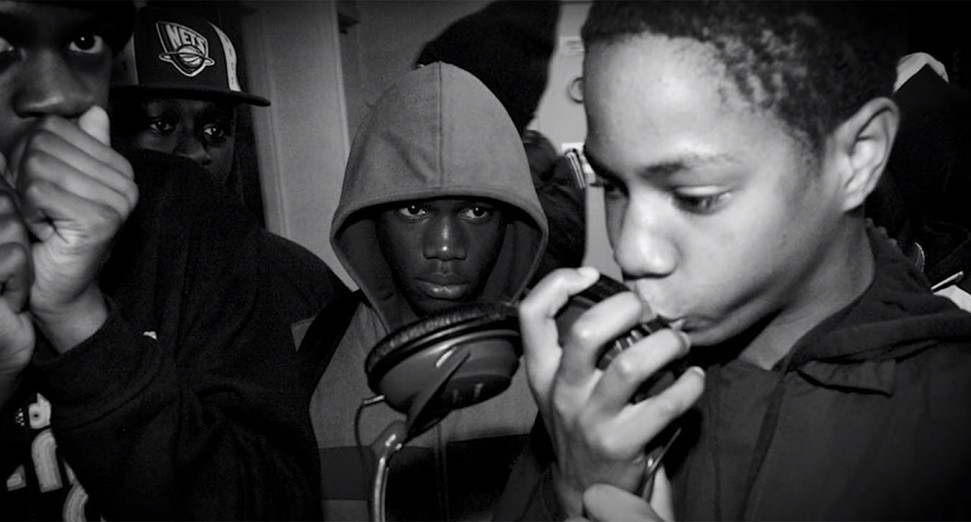
Deezer Calls Out AI Music Fraudsters—Here’s How Big the Scam Really Is
The French music streaming platform Deezer just pulled the curtain back on a pretty major issue—fraudsters using bots to pump up streams on AI-generated tracks. And we’re not talking small numbers here. According to the company, up to 70% of all AI-made music streams are fake.
That’s a serious red flag, especially when you consider how streaming royalties are handed out.
At a glance
- Deezer says 70% of AI music streams are fraudulent
- Bots are being used to cash in on royalty payments
- The platform’s fighting back by blocking royalties and updating its detection tools
Let’s break that down.
Deezer says AI-generated music makes up only about 0.5% of all streams on the platform. But even with such a small slice of the pie, scammers are using it to try and skim off royalties. They’re not aiming for viral hits. Instead, they’re flooding the platform with fake mood music or pop tracks and sending in bots to loop them. Spread that scam across thousands of tracks and suddenly there’s real money on the table.
Thibault Roucou, who heads up royalties and reporting at Deezer, put it bluntly: “As long as there is money [in fraudulent streaming] there will be efforts, unfortunately, to try to get a profit from it.” That’s why Deezer is investing in tech to stay one step ahead.
And they’re already taking action. Deezer’s detection tools are now able to spot 100% AI-made tracks from leading models like Suno and Udio. Once something’s flagged as fake, it doesn’t earn royalties. Simple as that.
It’s not just the money, either.
The company says AI music is being pushed off its algorithmic recommendation systems altogether. So if you’re scrolling through suggested songs, you won’t see fully AI-generated tracks popping up.
In April, Deezer revealed that about 20,000 AI-made tracks were being uploaded every single day. That adds up fast. And with over 10 million subscribers on Deezer alone (compared to Spotify’s 268 million), there’s a big market at stake. Globally, the streaming industry pulled in $20.4 billion last year, according to the IFPI.
The issue goes far beyond Deezer, too. In the U.S., one artist was charged for using AI to create hundreds of thousands of songs and fraudulently rake in $10 million in royalties. The IFPI says generative AI has only made the fraud problem worse, stealing money that should go to real artists.
Deezer hasn’t identified who’s behind the scam yet, but they believe it’s organized. That tracks, considering the scope and scale. As the fight over AI-generated music grows, one thing is clear—platforms like Deezer are taking this seriously, and they’re setting a precedent for how the industry might handle it going forward.



